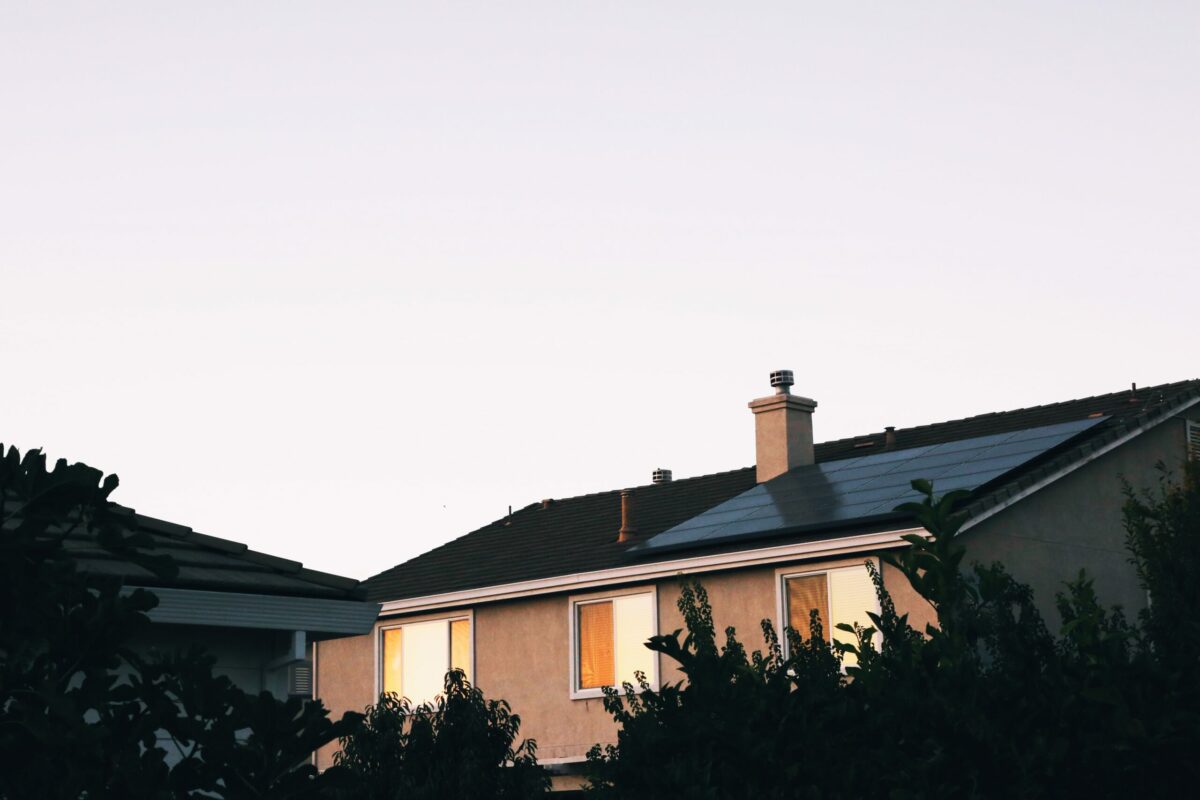
Image: Giorgia Trovato (Unsplash).
Wide tax changes could offer a 'reset' for Britain’s economy, promoting green technologies.
This forms one of the key recommendations in the Environmental Audit Committee’s (EAC) most recent report- 'Growing back better: Putting nature and net zero at the heart of the economic recovery', along with urgently urging the government to overhaul and extend the Green Homes Grant.
VAT reductions should be brought in on green home upgrades in order to incentivise people to install low-carbon technologies and improve energy efficiency.
The EAC’s recommendation follows repeated calls from trade bodies like Solar Energy UK and the REA as well as private companies to change VAT rates for solar and domestic storage in order to facilitate the rollout of the technologies.
A coalition of 30 industry groups urged the government to change the controversial rise in VAT for home energy storage brought in in 2019 to comply with an EU ruling now that Brexit has happened.
Whilst Solar Energy UK and Regen asked the Treasury to implement tax relief for clean energy technologies, following reports business rates were holding back companies from adopting technologies like solar. For example, supermarket chain Lidl saw its business rates increase by 528% due to changes in the valuation of solar installations at its sites.
EAC chairman, Rt Hon Philip Dunne MP, said the COVID-19 crisis must be “treated as a wake-up call” and as a “symptom of a growing ecological emergency”.
“The economic recovery will shape our national economy for decades to come, and it is crucial that tackling climate change and restoring nature is at its core.
“A tax system fit for net zero Britain is key. It will encourage innovation, give confidence to the sector and support companies to make the low-carbon transition.”
Beyond the calls for VAT changes, the EAC has added its weight to the growing pressure on the government to extend the Green Homes Grant. Earlier this week, the REA said the government must “claw back £1 billion” from the fund after it emerged that less than 5% of the budget had been spent.
This is particularly pressing, as the government announced recently that it will not rollover unspent Green Homes Grant funding into 2021/22, which could mean the majority of the £2 billion budget goes unspent.
“There are endless initiatives that can lead to a greener future and the Chancellor should use his upcoming Budget statement to start this process,” continued Dunne. “Boosting energy efficiency of homes by reducing VAT on retrofits can spur growth in low-carbon manufacturing. The funding allocated to the Green Homes Grant should be rolled over to meet the target to issue 600,000 vouchers. The electric vehicle transition must be accelerated with further tax incentives to encourage take up.”
Beyond the tax reform and Green Homes Grant, the EAC report advises the government should evaluate the potential of bond issuance, begin scoping work for a carbon tax and provide further tax incentives to make ultra-low emission cars more affordable.
To read the EAC’s full report, click here.

